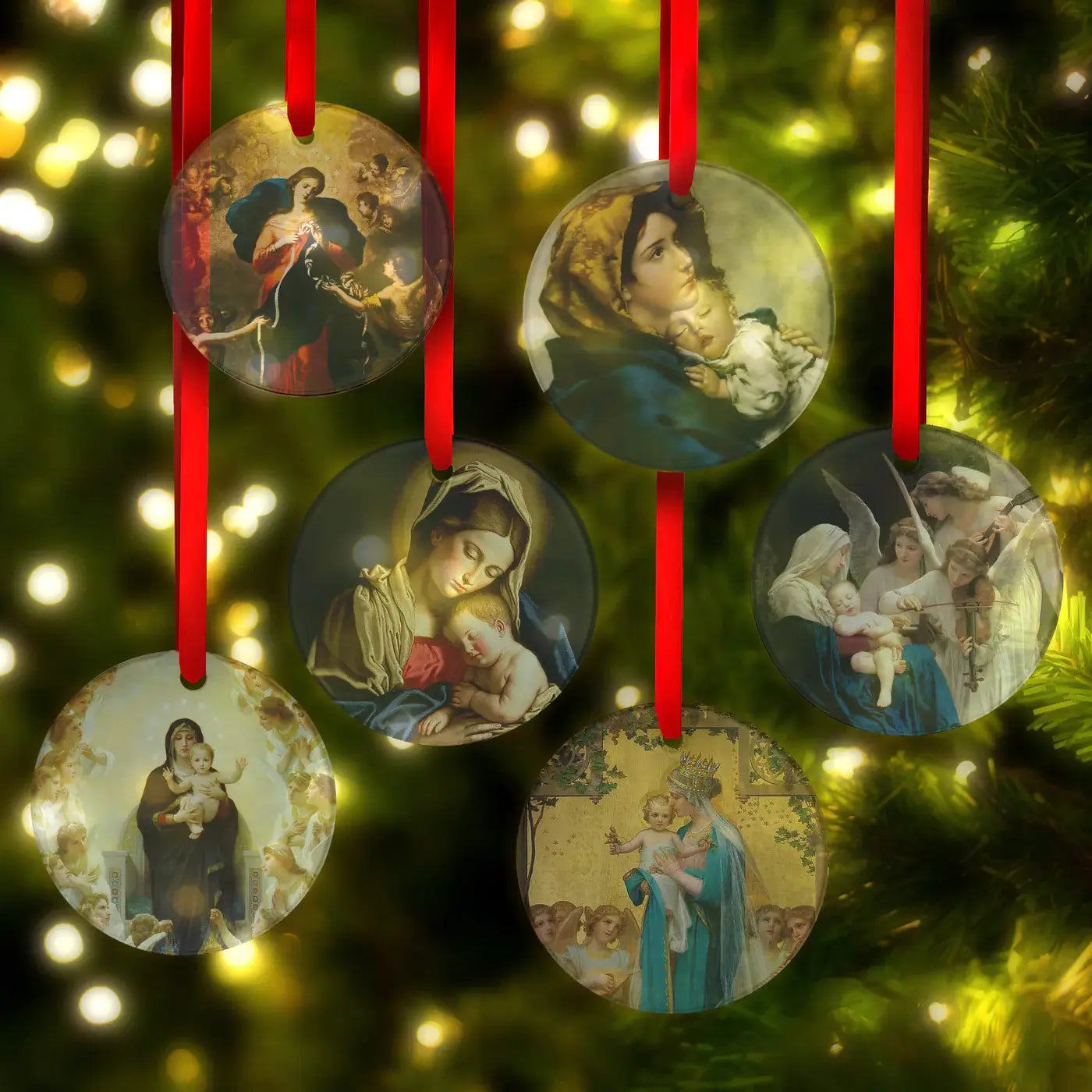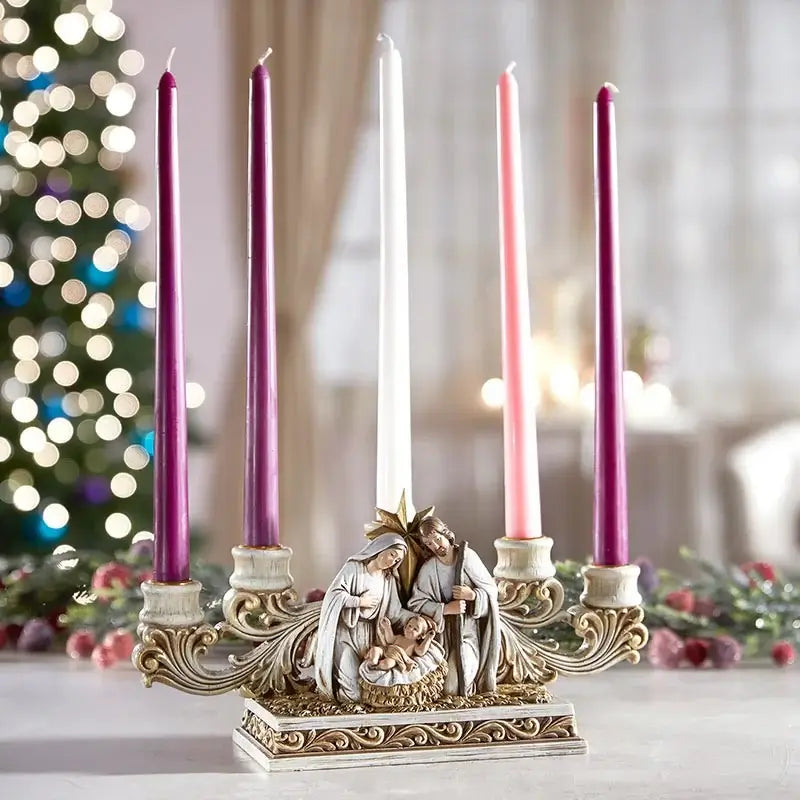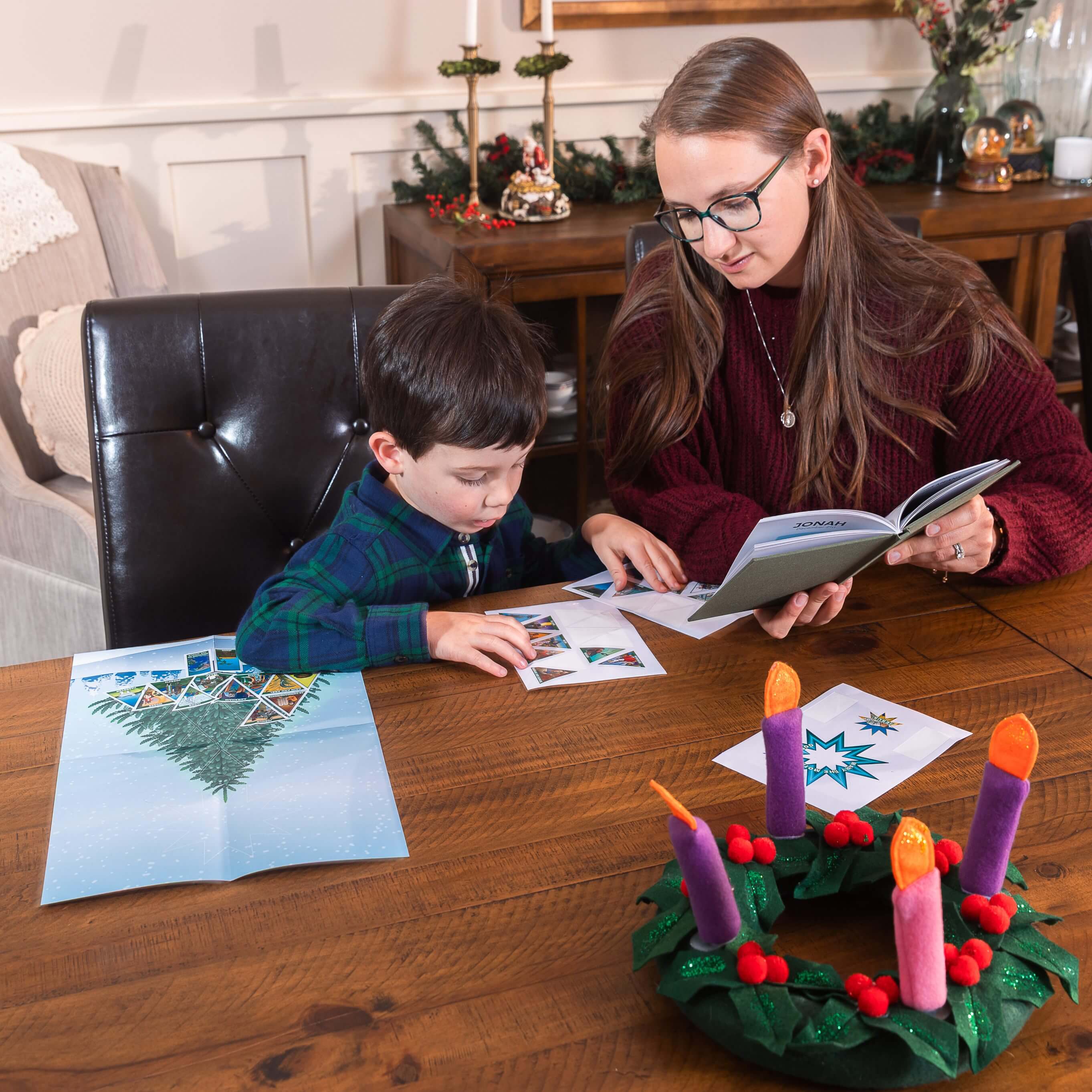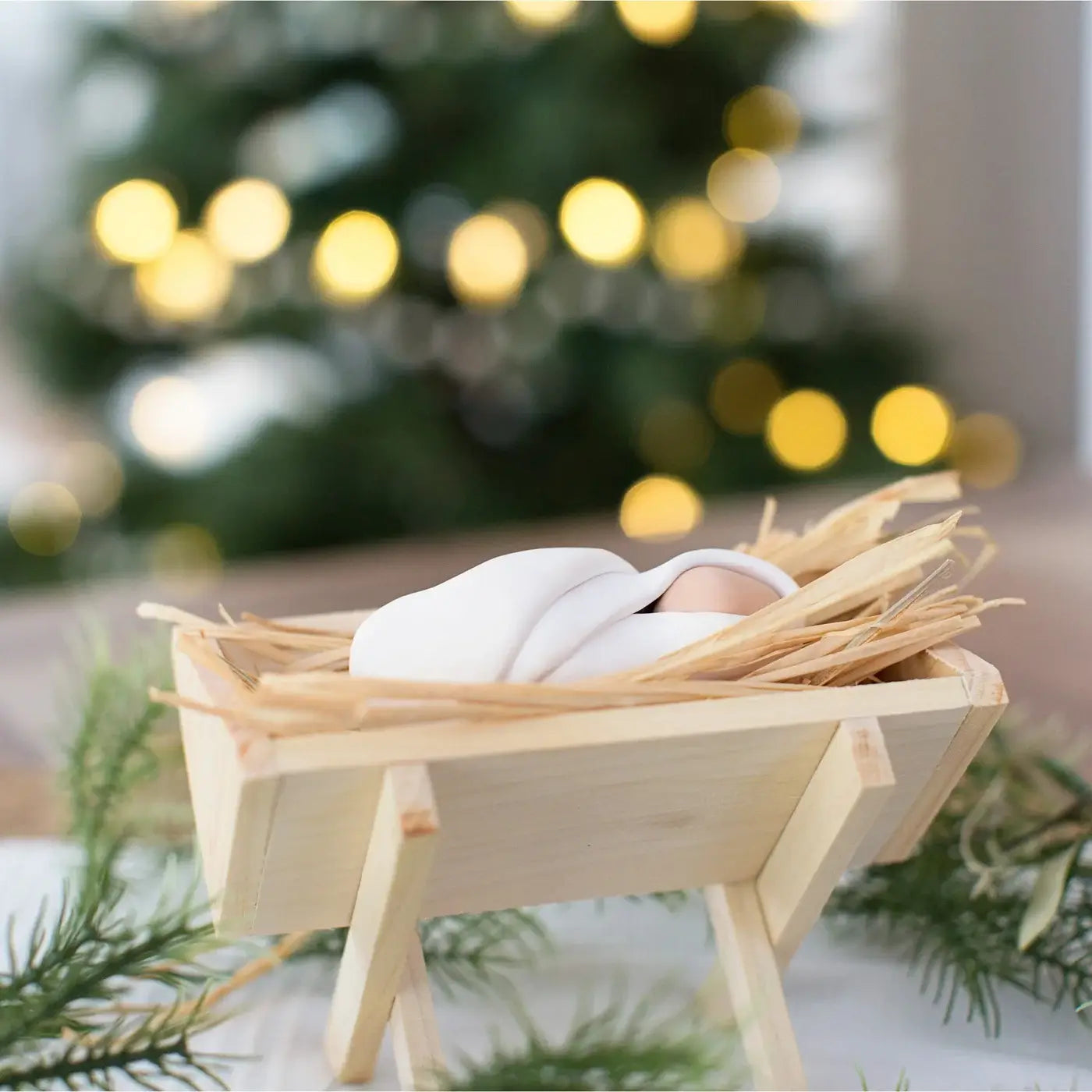St. Rupert was born into nobility in 7th century Germany. Rather than live a lavish life, St. Rupert felt called to a life in service of the Church. As a young man, his humility and faithfulness was recognized and he was made Bishop of Worms.
However, his preaching was quickly met with resistance. Though Christianity had spread through the Roman Empire centuries earlier, by the 7th century many regions in what is now Germany had reverted to pagan practices or had never fully embraced the faith.
As Bishop of Worms, Rupert was known for preaching reform and calling people to a deeper, more authentic Christian life. Not everyone was up to his challenge, and the townspeople opposed and threatened their holy bishop.
Eventually, the opposition became so strong that Rupert left Worms voluntarily. Rather than force the issue, he accepted Duke Theodo of Bavaria’s invitation to bring the Gospel to regions where people were more open to it. There, especially in what would become Salzburg, he found fertile ground for his mission—both spiritually and literally.

Rupert traveled to the ruins of the old Roman town of Juvavum, where he saw an opportunity to build both the Church and a community. He renamed the city Salzburg—literally “Salt Castle”—because of the nearby salt mines. Recognizing the economic value of salt, Rupert helped organize its production and trade. The income supported the monasteries and churches he founded, including the famous Abbey of St. Peter and Nonnberg Abbey, one of the oldest convents in the world.
That’s why Rupert is often depicted with a salt barrel or salt shaker. It’s not just symbolic—salt was part of his practical mission. Through it, he helped build a strong foundation for Christian life in the region.
Rupert died around 718 AD, likely on Easter Sunday. He is remembered not only as a bishop and teacher, but as a builder who used the resources at hand—spiritual and material—to spread the faith.
St. Rupert used local salt to build a Christian community; you can use your kitchen to build a Catholic home.
So why not start with the Bless Us O Lord Cutting Board? It’s practical, beautiful, and engraved with the classic table blessing—making it the perfect reminder that even chopping onions can be holy work.
Channel your inner St. Rupert. Use the salt. Say the prayer. Build the kingdom—one meal at a time.
Available today from The Catholic Company!






















